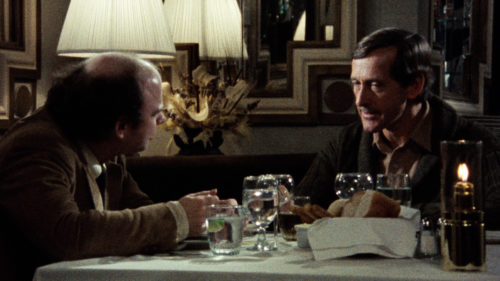Knowingly or not, Chris Marker’s metaphorical use of time travel in Ja Jetée (1963) elegantly exhibits Heidegger’s view that the human way of being is temporalizing. And it directs our attention to a phenomenon that is central to Heidegger’s argument in Being and Time, namely that temporality is the fundamental condition of intelligibility as such.
For Heidegger, the distinctively human way of being (“Dasein”) consists in making sense of things. We do this, he says, because things matter to us, and they matter to us because they make sense. To make sense of something is to take it as a certain thing – for example, as a tool, say a hammer, with a certain use (hammering), connections with other tools (nails, planks of wood), and connections with various ways of being (being a carpenter, being a handyman).
Intelligibility – that something is “disclosed” as something – depends on what Heidegger calls “finitude,” which is a characteristic of human temporality. Things show up to us as X rather than Y or Z; to take a hammer as a tool for hammering is to not take it as a paperweight (as we might do under certain circumstances). To exercise any given possibility of being is to refrain from exercising many others. If we were not finite, all of our possibilities would be accessible to us at all times, nothing would matter more or less than anything else, and there would be nothing to disclose because everything would be disclosed. Temporality and finitude thus go together as the possibility conditions of intelligibility, and because finitude is exhibited in mortality, it may be said that death gives life meaning. Continue reading


